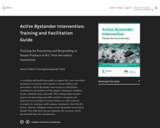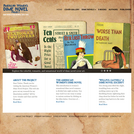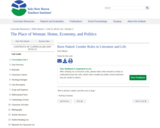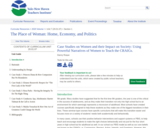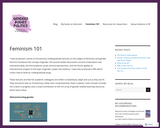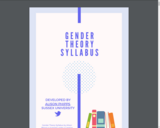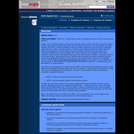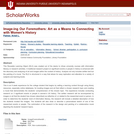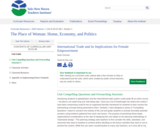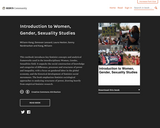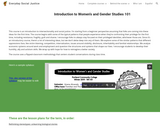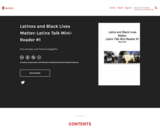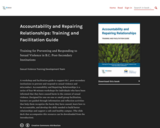
Training for Preventing and Responding to Sexual Violence in B.C. Post-Secondary Institutions
Short Description:
A workshop and facilitation guide to support B.C. post-secondary institutions to prevent and respond to sexual violence and misconduct. Accountability and Repairing Relationships is a series of four 90-minute workshops for individuals who have been informed that they have caused harm in the context of sexual violence. Designed for one-on-one or small group facilitation, learners are guided through information and reflection activities that help them recognize the harm they have caused, learn how to be accountable, and develop the skills needed to build better relationships and support a safe and healthy campus. (The slide deck that accompanies this resource can be downloaded from the Introduction).
Long Description:
A workshop and facilitation guide to support B.C. post-secondary institutions to prevent and respond to sexual violence and misconduct. Accountability and Repairing Relationships is a series of four 90-minute workshops for individuals who have been informed that they have caused harm in the context of sexual violence. Designed for one-on-one or small group facilitation, learners are guided through information and reflection activities that help them recognize the harm they have caused, learn how to be accountable, and develop the skills needed to build better relationships and support a safe and healthy campus. (The slide deck that accompanies this resource can be downloaded from the Introduction).
Word Count: 22412
ISBN: 978-1-77420-104-6
(Note: This resource's metadata has been created automatically by reformatting and/or combining the information that the author initially provided as part of a bulk import process.)
- Subject:
- Applied Science
- Education
- Ethnic Studies
- Gender and Sexuality Studies
- Health, Medicine and Nursing
- Law
- Psychology
- Social Science
- Social Work
- Sociology
- Special Education
- Material Type:
- Textbook
- Provider:
- BCcampus
- Author:
- Sexual Violence Training Development Team
- Date Added:
- 05/03/2021
